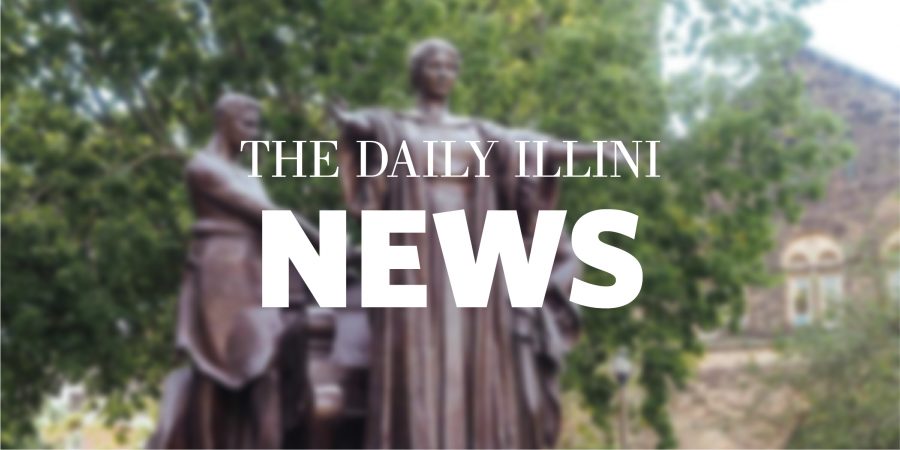Linguistics symposium rethinks communities of language
Feb 4, 2020
The second annual Sociolinguistics Symposium will take place on Feb. 27 at the Foreign Languages Building with a renewed focus on studying bilingualism and speech communities.
SOSY is a graduate student-run symposium meant to provide graduate students a forum to present and discuss their research related to sociolinguistics and to showcase other work in the field.
The event will coincide with the 12th annual Illinois Language and Linguistics Society Conference, which is also focused on language and linguistics, and both organizations will work in tandem to allow for increased presentation space.
This year’s theme is called “Rethinking Speech Communities” and focuses on various abstract practices, including phonetic variation, code-switching, script choice, stance-taking and lexical choice.
Sarah Clark, co-creator and current chair of the symposium, said the idea began with a sociolinguistic-focused special session at the 2018 ILLS Conference.
Get The Daily Illini in your inbox!
Following the session, the University’s sociolinguistic graduate students were inspired by the positive feedback and the realization that there is a general lack of sociolinguistic-focused presentation forums.
“Our vision was to create and support a constructive space for the advancement of sociolinguistic research, foster collaborative and innovative relationships within the sub-field and positively represent our department in the broader linguistics community,” Clark said in an email.
The event will feature three speakers and eight graduate student presenters during the one-day event.
Assistant professor in LAS Jenny Davis, University of Illinois at Chicago professor Kim Potowski and Atiqa Hachimi from the University of Toronto, Scarborough are the speakers for the 2020 SOSY.
“Sociolinguistics cross-cuts all discussions of social life and therefore is relevant to both academics and non-academics,” Clark said. “The topics reflect real social practices, real people with real struggles.”
Clark added the ensuing discussion is relevant and ground-level, providing a wide, inclusive and, at times, personal platform for discussion.
While the event is primarily showcasing the work and research of graduate students, the event is open to all interested in sociolinguistics, language and society, the concept of speech communities and those who wish to engage in the discussion.






